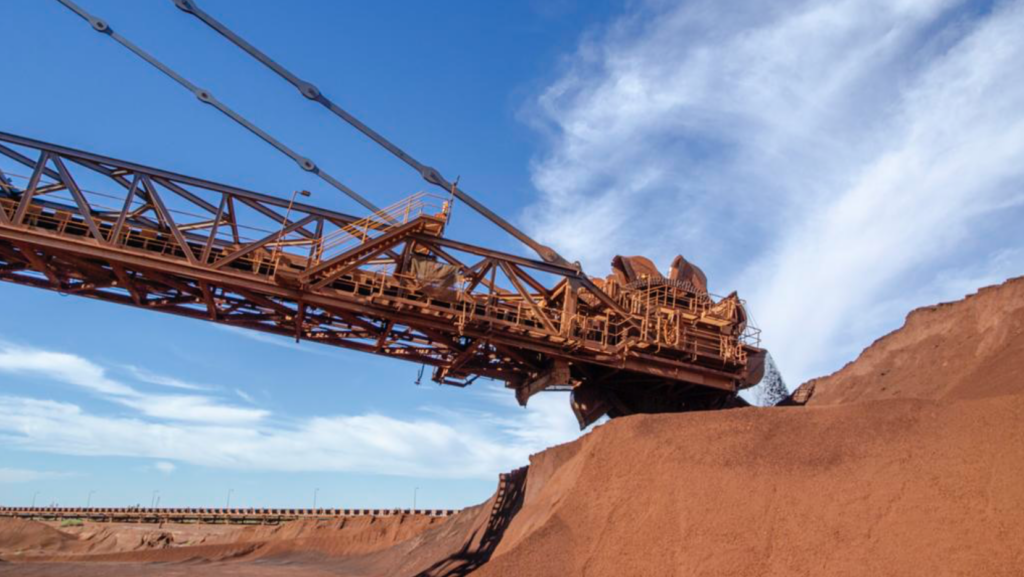

Article by Danielle Le Messurier courtesy of the West Australian.
WA’s biggest miners have held crisis meetings about the roll-out of the State Government’s incoming cultural heritage laws with serious concerns about aspects of the new system.
While supportive of the ambition of the post-Juukan Gorge heritage reforms, set to come into force on July 1, some are privately troubled by the “messy implementation” and the impact on operations.
One major point of contention is a cost recovery model that was announced last month, requiring land users engaging in activities that may disturb cultural heritage to pay a fee.
The West Australian understands the announcement caused furore within the mining industry and was hotly debated at a series of meetings involving the peak body for the State’s resources industry, mining bosses and the State Government.
While miners were anticipating a cost recovery model to pay for Local Aboriginal Cultural Heritage Services — traditional owner representative bodies companies must engage with — they argue the costly new system is not “fee for service” and goes well beyond expectations of what they should be liable for.
“Behind closed doors, all of the major players in the industry are gobsmacked on not only the messy implementation but also the nature of what’s going to be required, in addition to the cost recovery system that was foisted on us with no consultation,” one mining source, who requested anonymity, said.
A separate source agreed there was “a lot of angst” around how the fee system, linked to the Aboriginal Cultural Heritage Act, was announced without miners being across the detail.
It would see mining giants with revenue of $5 billion — such as Rio Tinto, BHP, Fortescue Metals Group and Hancock Prospecting — pay up to $1.39 million to enter into an Aboriginal cultural heritage management plan over 20 years.
This comprises $340,000 per application and $52,500 for each year the plan is in effect.
Companies with revenue between $1b and $5b would pay about $570,000, while juniors with revenue of $10 million or less would pay a fixed fee of $250 per application.
Miners say another concern — also shared by Aboriginal corporations — is that no LACHS will be established by July 1, meaning they will have to negotiate with traditional owners groups through prescribed bodies corporate (PBCs) which may not be adequately resourced or have the appropriate level of training.
They have also raised frustrations about the new laws being much more complicated and onerous than originally thought, and about the view that they were properly consulted.
The Chamber of Minerals and Energy WA did not respond to questions on the crisis meetings or the concerns raised by industry but chief executive Rebecca Tomkinson said the sector supported the principles of cost recovery.
“However, we are encouraging the Government to continue with their consultative approach in the finalisation of the cost recovery regulations,” Ms Tomkinson said in an emailed statement.
“We know some of the finer details might take some time to smooth out, but we are being very clear with the WA Government about the core functionalities we need to have in place from 1 July.”
A spokesman for Aboriginal Affairs Minister Tony Buti said the majority of costs to be recovered relate to “moderate to high-ground disturbance and where there is risk of impact or harm to Aboriginal cultural heritage”.
No fee is payable when there is no risk of impact to Aboriginal cultural heritage.
“There is no reason to delay the implementation date — the system will be ready to go for when the new Act comes into effect on July 1,” the spokesman said.
Association of Mining and Exploration Companies boss Warren Pearce said many smaller miners and explorers were “extremely concerned” about the new laws adding time and cost to their projects.
However, he said delaying them would “only cause more delays for exploration companies, as many traditional owner groups are already advising that won’t consider new applications until the new rules are in place.”
